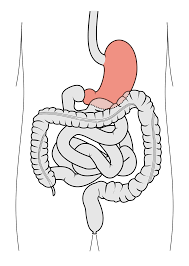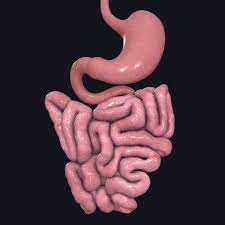Striking Increase in Younger Population of Stroke Cases
- Dec 29, 2021
- 2 min read
Strokes have been one of the leading causes of death on a global level. However, new research and data collection have shown a rise in the cases of stroke amongst younger generations of individuals.

What is a Stroke?
A stroke, or a cerebrovascular accident (CVA), is a medical emergency which is caused by the lack of blood flow getting to the brain. An ischemic stroke, which is a specific type of stroke, is most common and refers to a blood clot reaching the brain, preventing the flow of blood. A Hemorrhagic stroke refers to the bursting of a blood vessel which results in the leaking of blood within the brain. The improper flow of blood to the brain results in a deprivation of oxygen and nutrients. Strokes can lead to paralysis, permanent damage, and more lifelong effects.
How This Impacts the Younger Population
Generally, the risk of stroke increases as one ages. Recent research has shown a trend of a rise of strokes for individuals younger than 49 years of age. The risk factors for strokes include Type II diabetes, hypertension (high blood pressure), increased cholesterol levels, and coronary heart disease. One of the most significant factors as to why strokes are becoming increasingly prevalent in the younger age group is due to the fact that these risk factors have also become increasingly apparent in the younger generation over the past couple of decades. On a more specific level, “Since 1990, stroke incidence among older adults (age 50 and older) decreased nationwide, yet increased in younger adults (ages 15 to 49)” according to the American Heart Association. Over the last few decades, the increase in diseases and medical conditions has definitely spiked as a result of poor lifestyle choices, including lack of physical activity and poor eating habits. Due to this, the younger generation has been more susceptible to experiencing major health crises which include stroke or a heart attack.

What Can You Do?
Certain risk factors are avoidable in order to maintain ideal health and prevent medical emergencies such as stroke. Keeping up to date on doctor’s appointments and procedures is imperative in preventing stroke. Blood work, for instance, can monitor cholesterol levels. Controlling alcohol intake, minimizing smoking, making healthy eating choices, as well as exercising regularly can all be helpful in preventing stroke.




Comments